Welcome to a special edition of the Bellagio Bulletin, where you’ll have a chance to hear from leading voices within the alumni network on one of the greatest global challenges of our time – the ethical application and governance of artificial intelligence. We hope you’ll find their points of view as illuminating as we have in a moment when AI is top of mind for many across sectors, issue areas, and geographies.
The lineup includes conversations with Ronaldo Lemos, who explains why we must prevent the Global North’s AI use from negatively impacting the development of the Global South; anthropologist and author Mary Gray, whose latest book tackles the issue of democratizing the power of AI globally; author Tim O’Reilly, who explores the links between AI and the attention economy; and so many more revolutionary thinkers. In this time marked by increasing polarization and conflict, we are also excited to bring you stories of network members who leaned into the Bellagio Center as a place for bridging across difference. You’ll hear from Israeli human rights attorney Sharon Shenhav about her unlikely collaboration with an Iranian ayatollah, and from Glenn Schweitzer about his role brokering scientific collaboration between the U.S. and Russia during the Cold War.
A Note from Zia Khan, Senior Vice President of Innovation
In October of 2019, we gathered an exceptional group of thinkers in Bellagio to explore how artificial intelligence, or AI, could “create a better future for humanity.” Little did we know that we would have to close Bellagio soon after as Covid-19 spread around the world, creating a cascading series of crises that wiped out the status quo and opened the field for new ideas, solutions, and paradigms.
Just as Covid-19 was fading in late 2022, AI gripped the world’s attention with the release of widely accessible tools like ChatGPT. We’re now on a transformative path to an unclear destination. This is why The Rockefeller Foundation is redoubling its efforts around AI to ensure we all harness AI to create a better future for humanity, particularly when that future lies in the growing shadow of climate change.
Fortunately, we can build on the ideas, projects, and coalitions of pioneering organizations and individuals who have worked on AI and related issues at the Bellagio Center. In this latest edition of the Bellagio Bulletin, we’re excited to feature unique perspectives and projects across the fields of philanthropy, law and policy, healthcare, the arts, and more.
Bellagio Announcements
-
A Thank You and
Few people have had as lasting an impact on The Bellagio Center as Pilar Palaciá, its Vice President since 2005 and a crucial part of the Bellagio experience for thousands of people. Her retirement is bittersweet. We’re incredibly grateful for her unwavering dedication to the Center over the last 20 years, including establishing residencies and convenings as two of the Foundation’s most valued programs. Pilar will be succeeded by Elena Gelosa, joining from Bocconi University in September.
Farewell to Pilar Palaciá -
New York City Convening Space
The Rockefeller Foundation recently opened a convening center at its New York City headquarters. We were thrilled to host Bellagio residency alum Latanya Mapp Frett for a book talk on her recently published Bellagio project, The Everyday Feminist, and look forward to welcoming Katie Redford to discuss The Revolution Will Not be Litigated on September 6. We'll be in touch soon with more information on virtual and in person opportunities to join the Connect Series.
Conversations on AI
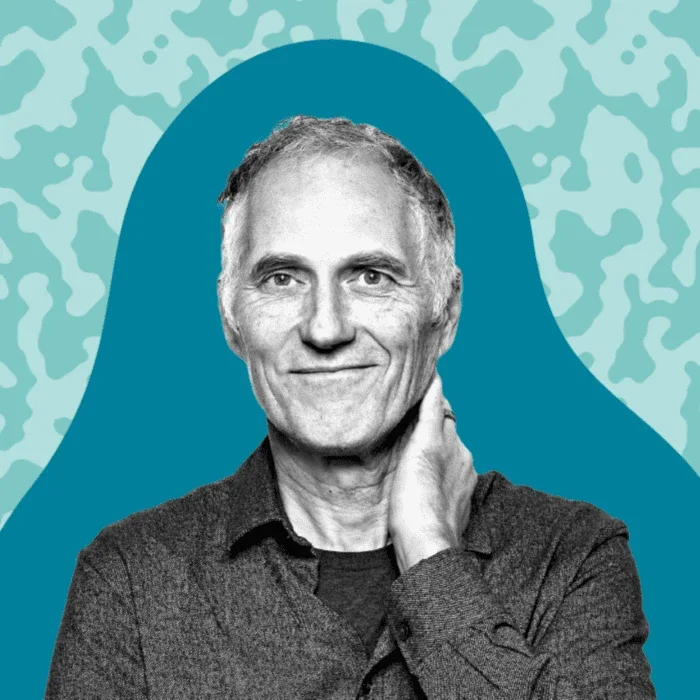
AI could help us navigate unimaginable oceans of information online – or it could make it even easier to distract us from what’s important.
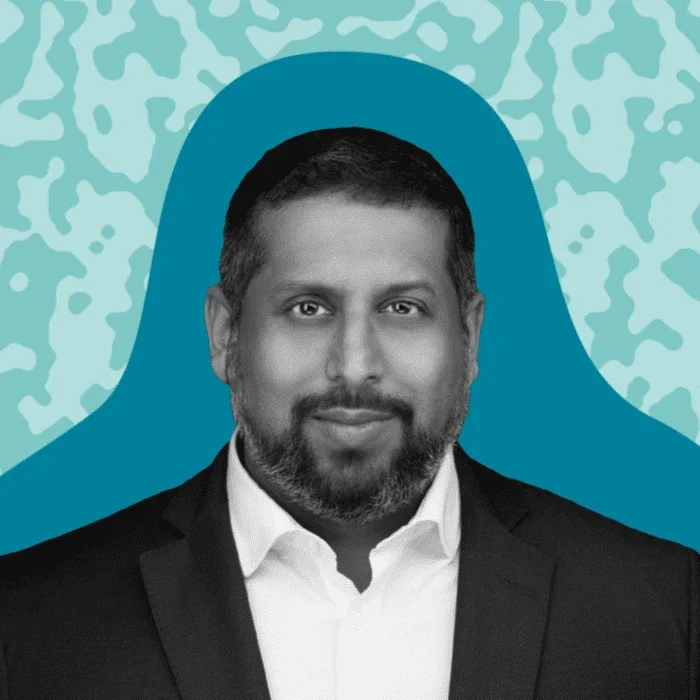
Our civil institutions and non-profit sector were built for a pre-AI world. How, then, can we use AI to transform power in our society?
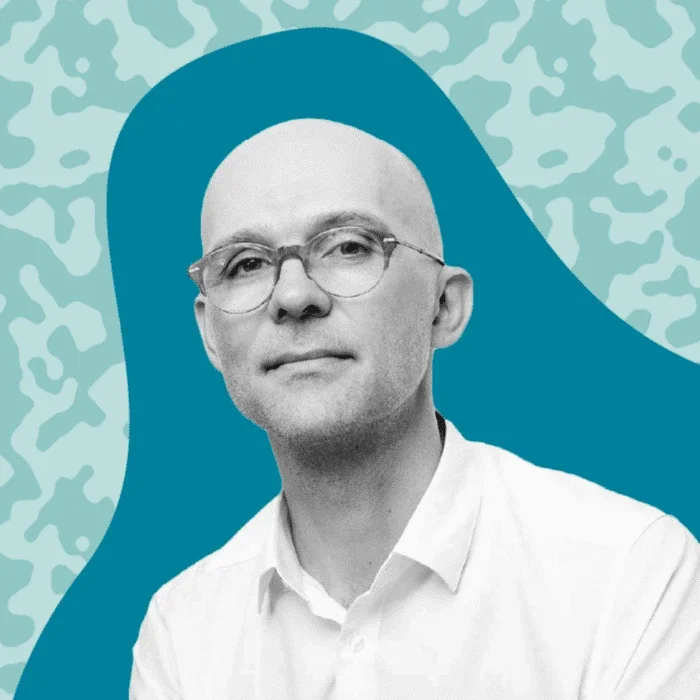
Are we focusing too much on how AI can mimic humans rather than its potential to develop a new form of intelligence altogether? The director of the Berggruen Institute’s Transformations of the Human Program shares some thoughts.
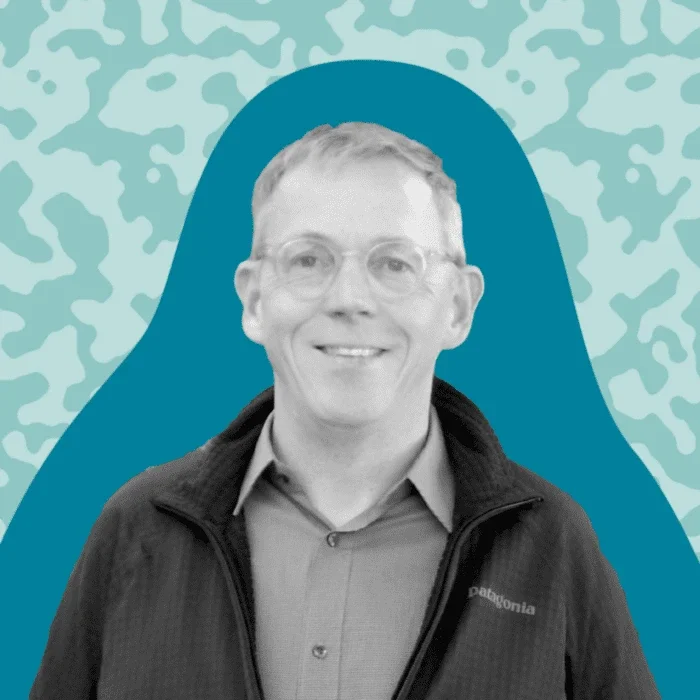
Does treating AI development as an applied social science make it easier to mitigate its potential harm? Stanford University research affiliate Gusczcza weighs in.
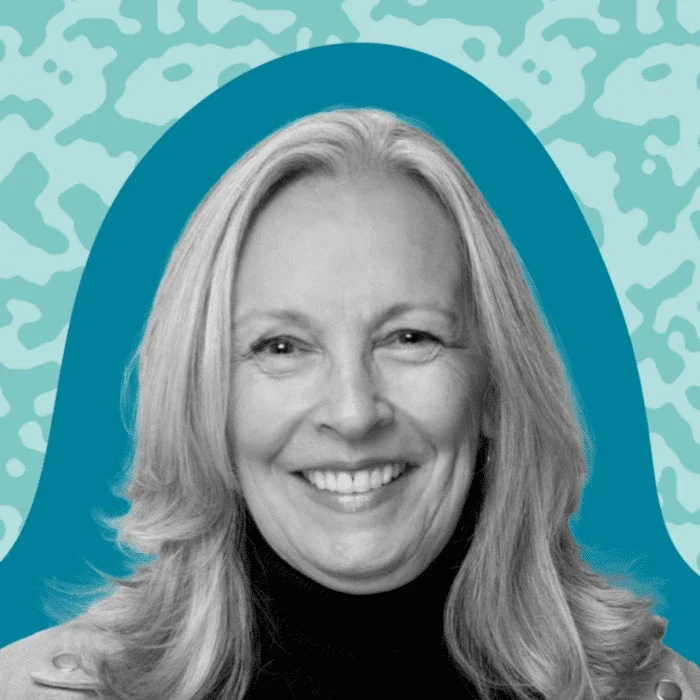
The director of the Schwartz Reisman Institute for Technology and Society discusses the democratic deficit in the process of deciding how AI gets built, and who builds it.
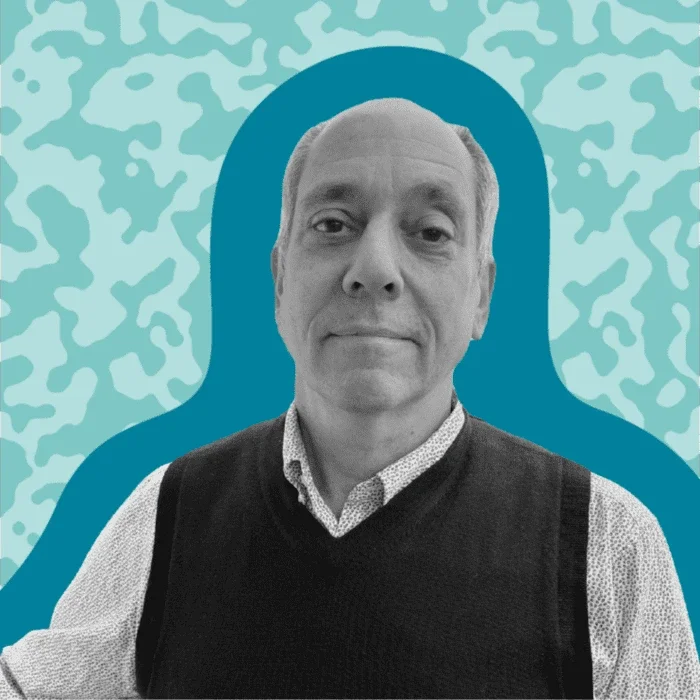
Should algorithms make our healthcare decisions for us? As more medical professionals are encouraged to outsource their opinions to unregulated software, Wolfe shares how this issue has life-changing implications.
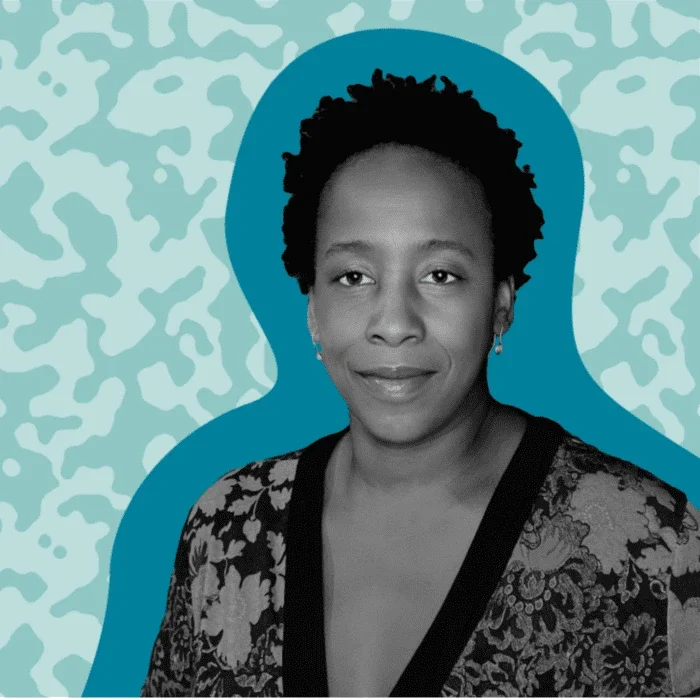
Transdisciplinary artist Dinkins explores how we could use data contributed by the public to remodel society, with the help of AI.
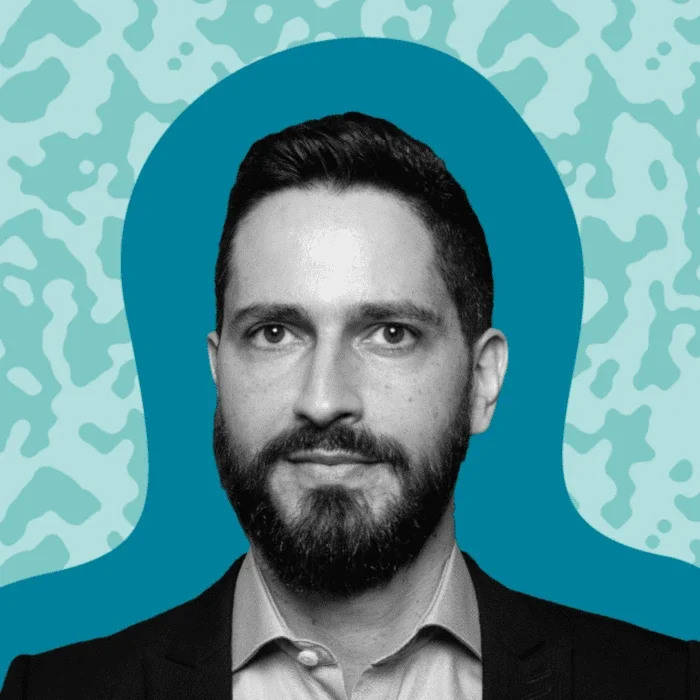
How can we prevent AI’s most serious negative impacts from hitting the Global South hardest? As a lawyer, professor, and director of ITS Rio, Lemos explains why competing AI governance frameworks around the world can create beneficial regulation.
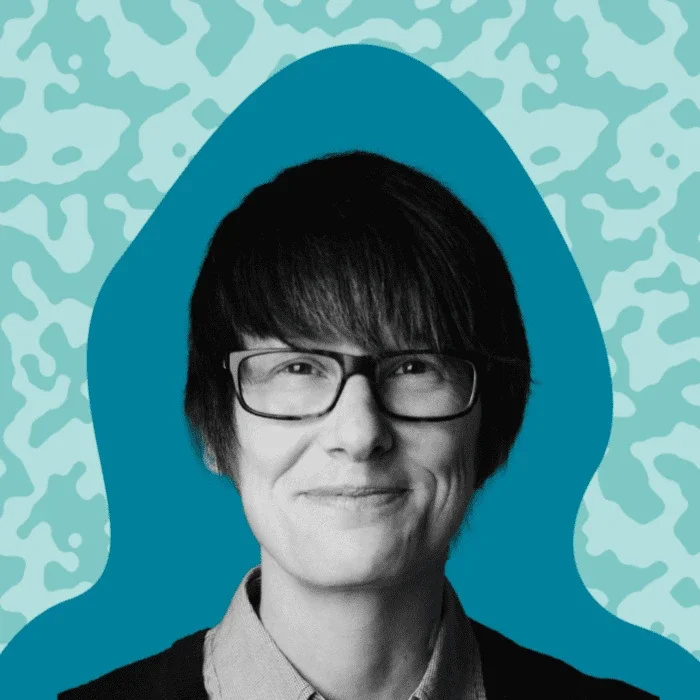
A Senior Principal Researcher at Microsoft suggests our first priority with AI should be to ask, “What are the decisions we want AI to be making, and where are people left out of those models?”
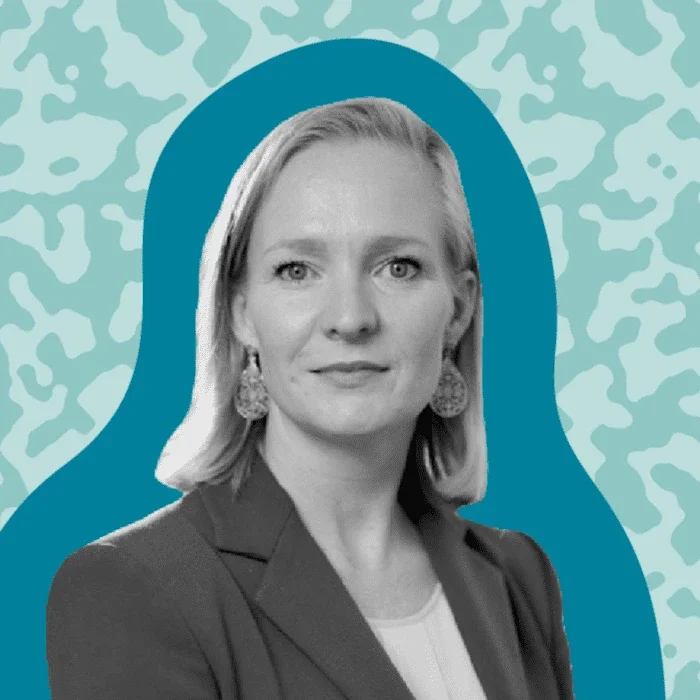
Are digital technologies helpful or harmful for democracy? Schaake reflects on a decade of service as a member of the European Parliament and shares what’s top of mind today.
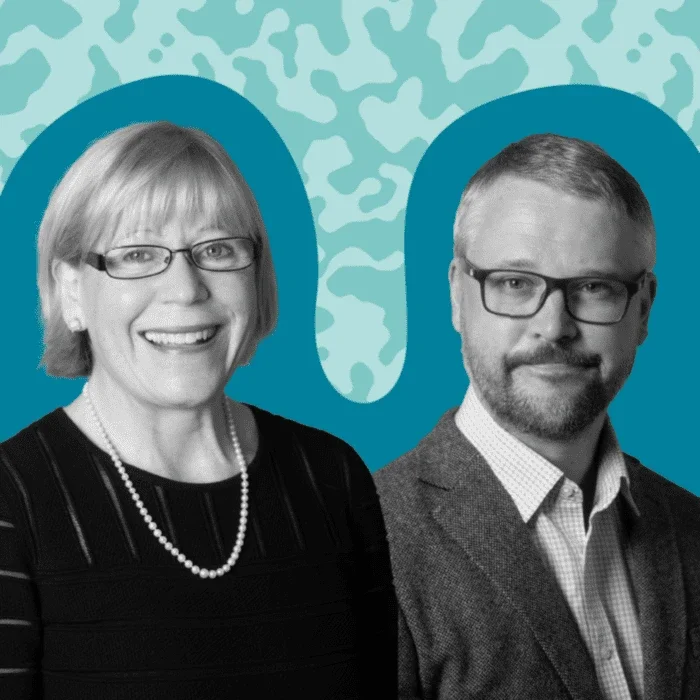
Leaders from data.org discuss the scarcity of data skills in the social sector and how they’re working to produce 1 million data-driven social impact practitioners by 2032.
After Bellagio
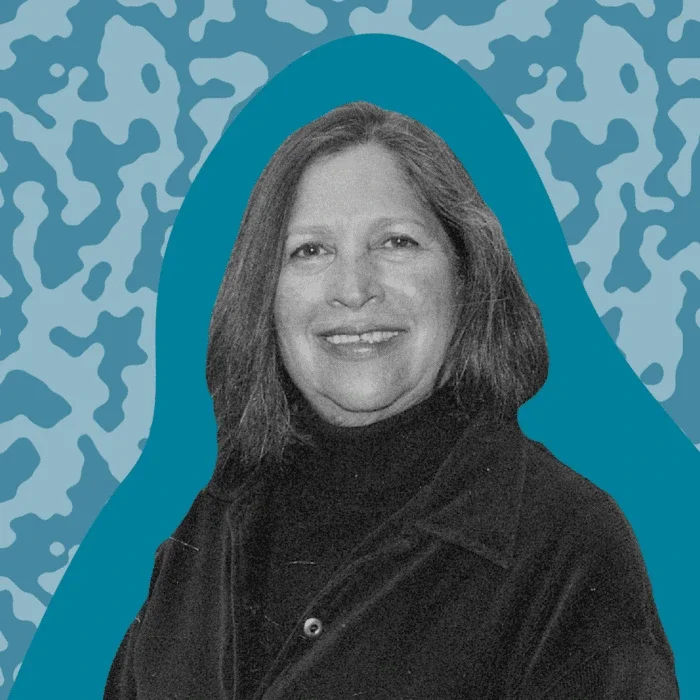
In a place known for sparking unlikely partnerships, Israeli human rights lawyer Shenhav shares how the seed was planted at Bellagio for her particularly unique collaboration with an Iranian ayatollah.
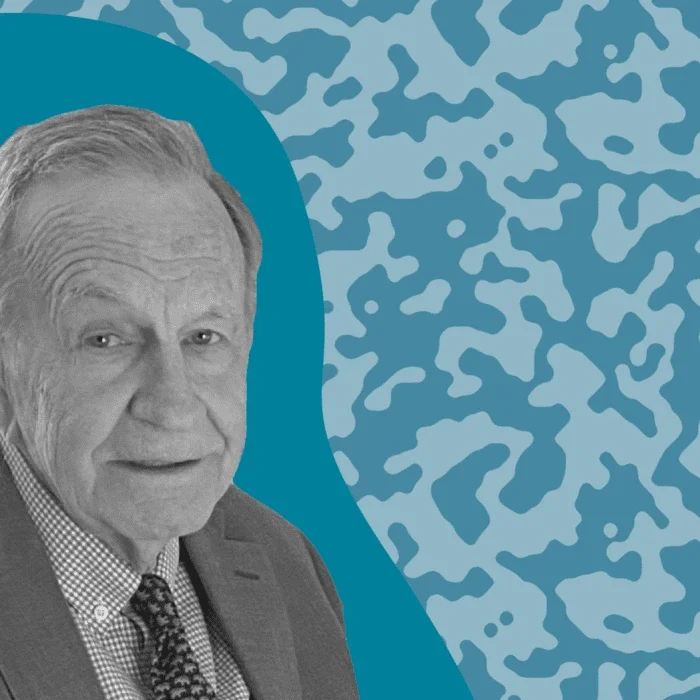
Peaceful international research exchanges are more important than ever in today’s volatile geopolitical climate. Schweitzer reflects on a career building bridges for scientific research between the United States, Russia, and Iran during the Cold War and beyond.
From the Archives
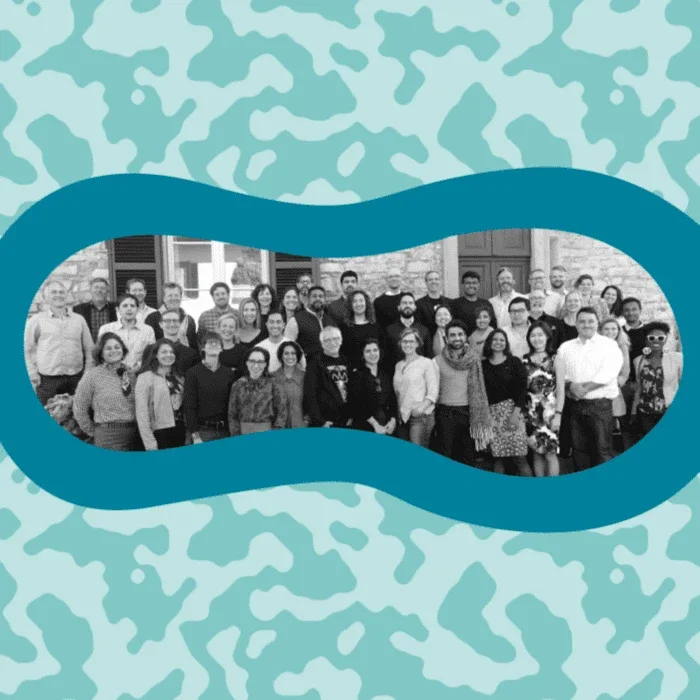
In 2019, The Rockefeller Foundation was ahead of the curve in mapping out a future led by AI. The organization convened a group of inspiring leaders to discuss the ethics of AI and the implications of its rapid development for society.
Bellagio Library
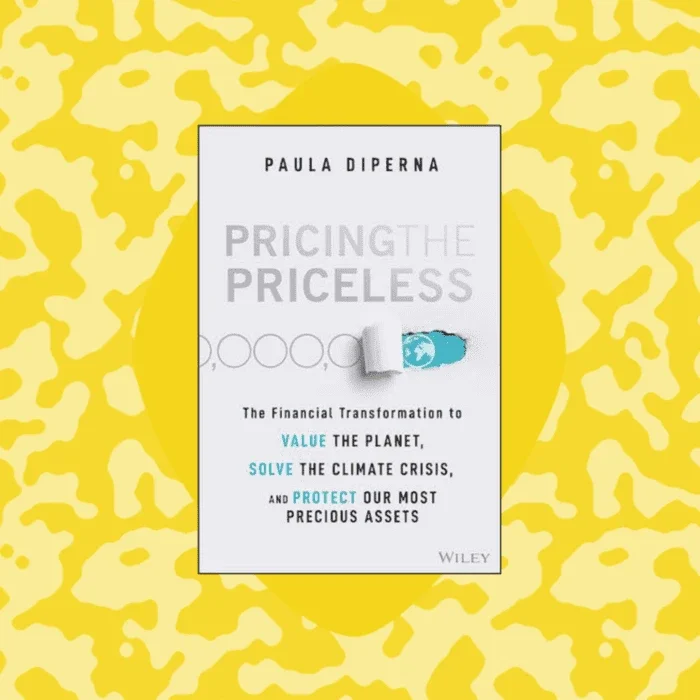
Paula participated in the Bellagio residency program in 2016. During this residency, she worked on …
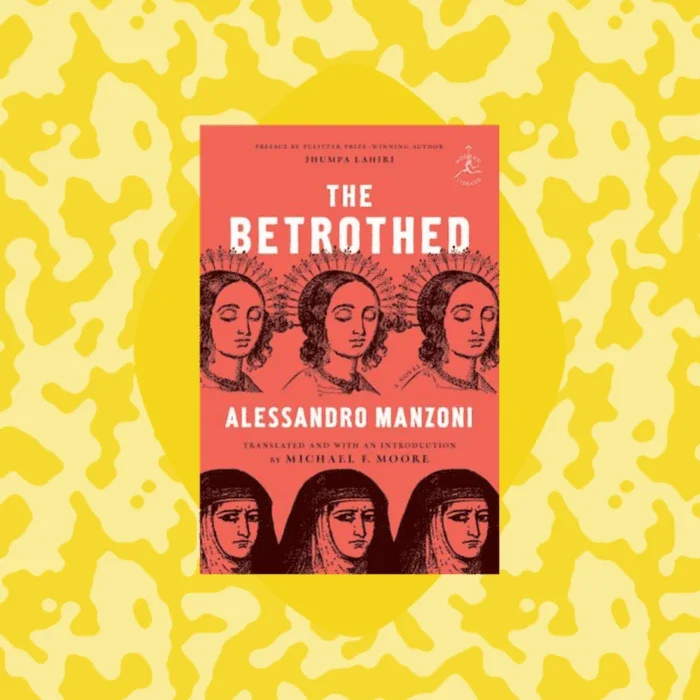
Michael participated in the Bellagio residency program in 2015. During this residency, he worked on …
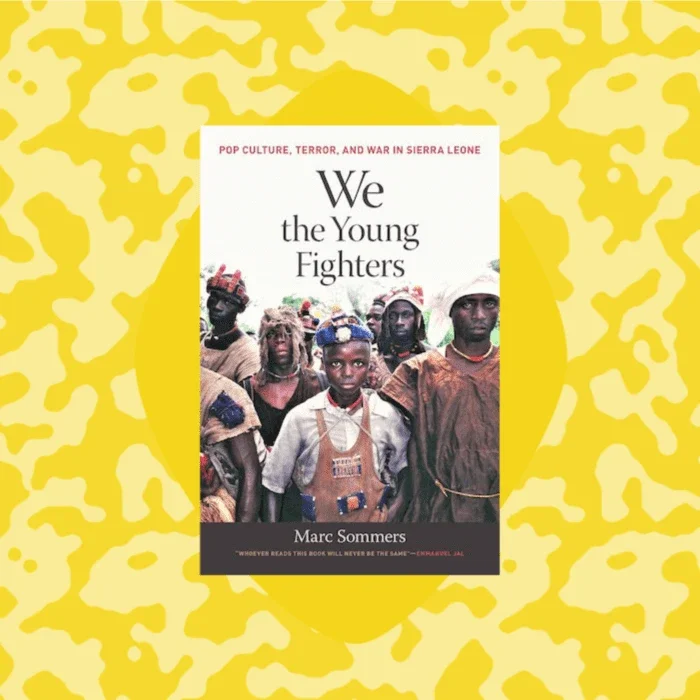
Marc participated in the Bellagio residency program in 2019. During this residency, he worked on …
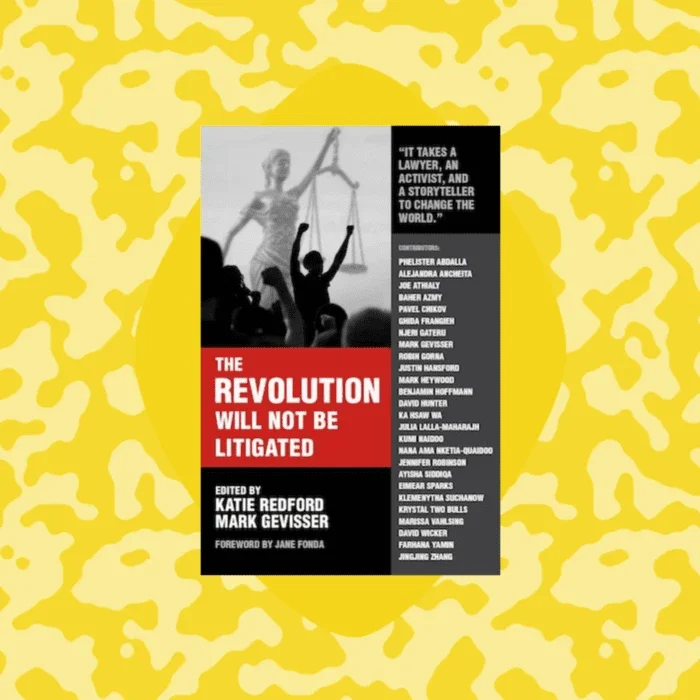
Katie participated in the Bellagio residency program in 2018 and returned for a convening in …
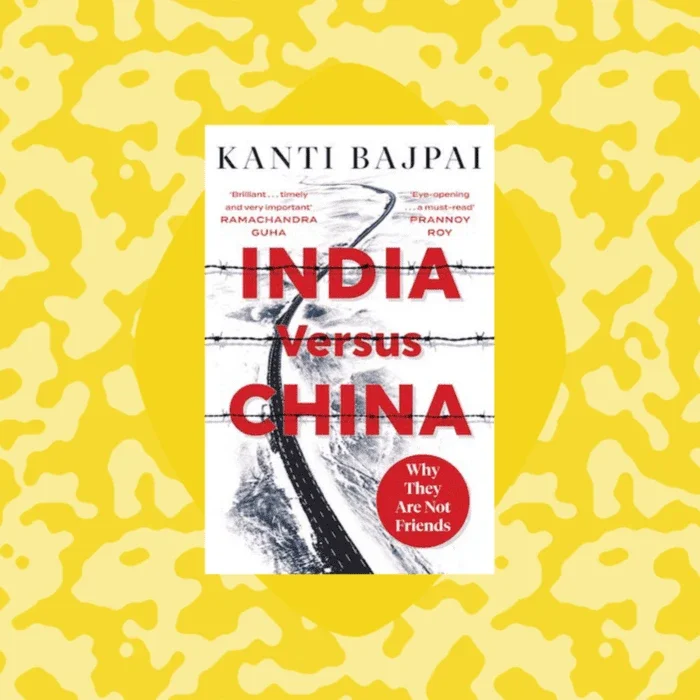
Kanti participated in the Bellagio residency program in 2012. During this residency, he began conceptualizing …

Judy participated in the Bellagio residency program in 2013. During this residency, she worked on …
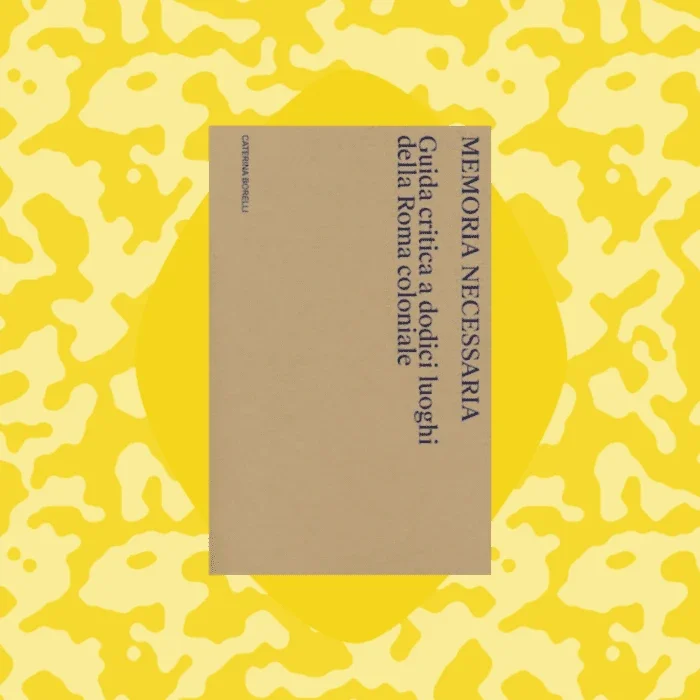
Caterina participated in the Bellagio residency program in 2014. During this residency, she worked on …

Anjan participated in the Bellagio residency program in 2019. During this residency, he worked on …
In the News
-
Hernan Diaz wins a Pulitzer Prize
2022 resident Hernan Diaz has won the Pulitzer Prize for his second novel, Trust, after already winning the 2022 Kirkus Prize and being longlisted for the 2022 Booker Prize. Described by the judges as, “A riveting novel set in a bygone America that explores family, wealth, and ambition,” it has also been included in lists of the best books of 2022 by The New York Times, The Washington Post, The New Yorker, Vogue, Time, and more. -
Stephanie Dinkins wins the inaugural LG Guggenheim Award
The winner of the inaugural LG Guggenheim Award – which celebrates artists who work at the intersection of art and technology – is September 2022 resident Stephanie Dinkins. Her artistic experiments with chatbots, augmented reality, and virtual reality were lauded by the judges for their “steadfast focus on family structures, oral histories, and small data. By enacting change locally, her works claim, we can envision new technological ecosystems at a global scale.” -
Giaoconda Belli wins Reina Sofia Ibero-American Poetry Prize
Nicaraguan poet and novelist Giaoconda Belli has won the Reina Sofia Ibero-American Poetry Prize. One of the most prominent critics of the current Nicaraguan government, with a body of globally celebrated work going back nearly 50 years, Belli currently lives in exile in Spain. In 2015, she was a resident at Bellagio, where she began drafting The Cloud Forest, an upcoming historical novel set in 19th-century Nicaragua. -
Joseph Stiglitz in Scientific American
Nobel prize-winning economist and Bellagio alum Joseph Stiglitz gave an interview in Scientific American on how AI will accelerate societal inequality - and what solutions might prevent that outcome.
Related Issues
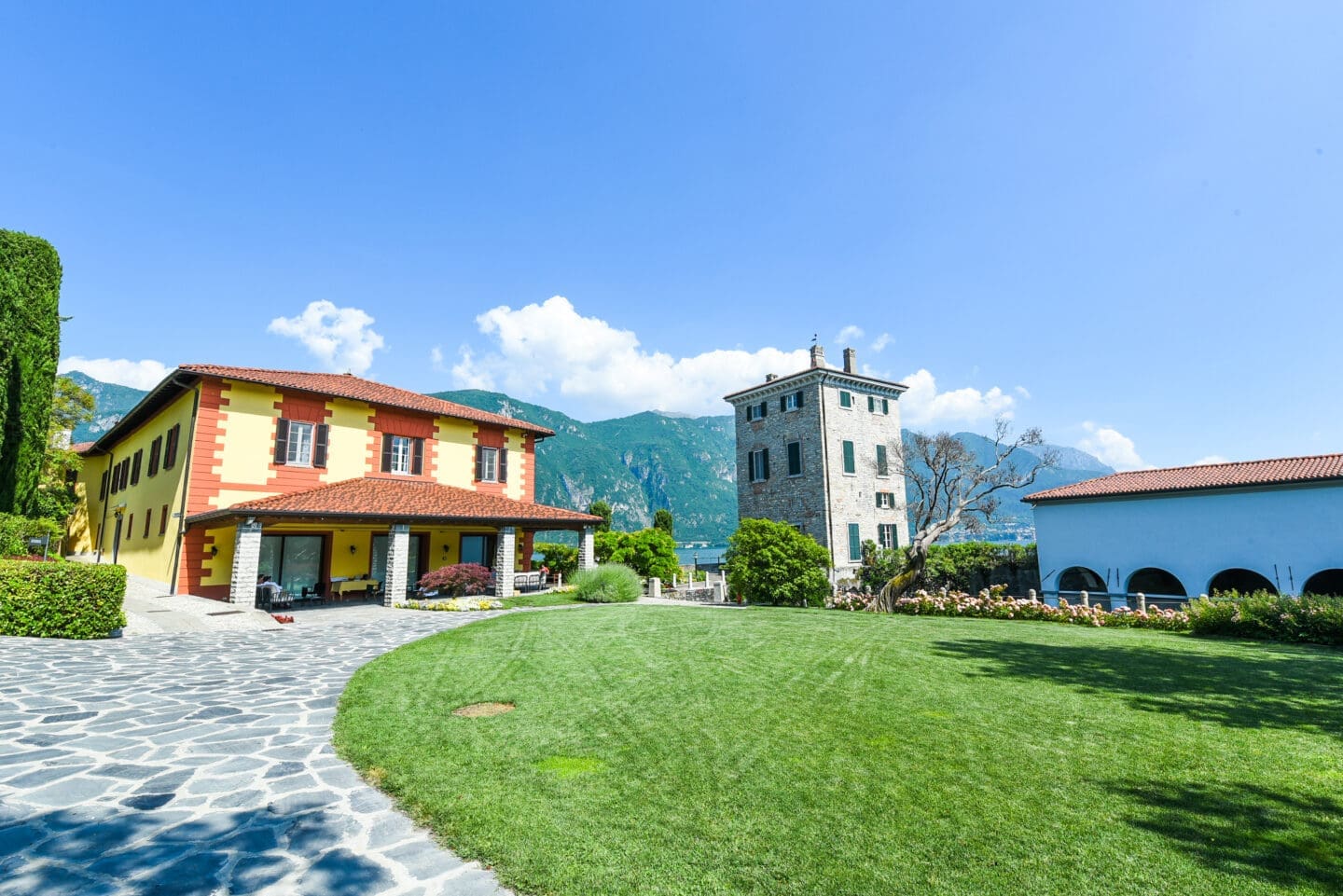
May 2023
Welcome to the current edition of the Bellagio Bulletin! At The Rockefeller Foundation, our mission is to make opportunity universal and sustainable. Facing crises of climate, inequality, democracy, and health, humanity has never needed institutions more. This newsletter highlights efforts to build innovative institutions that are fit for purpose in today’s world – and the […]
More